Academic Staff
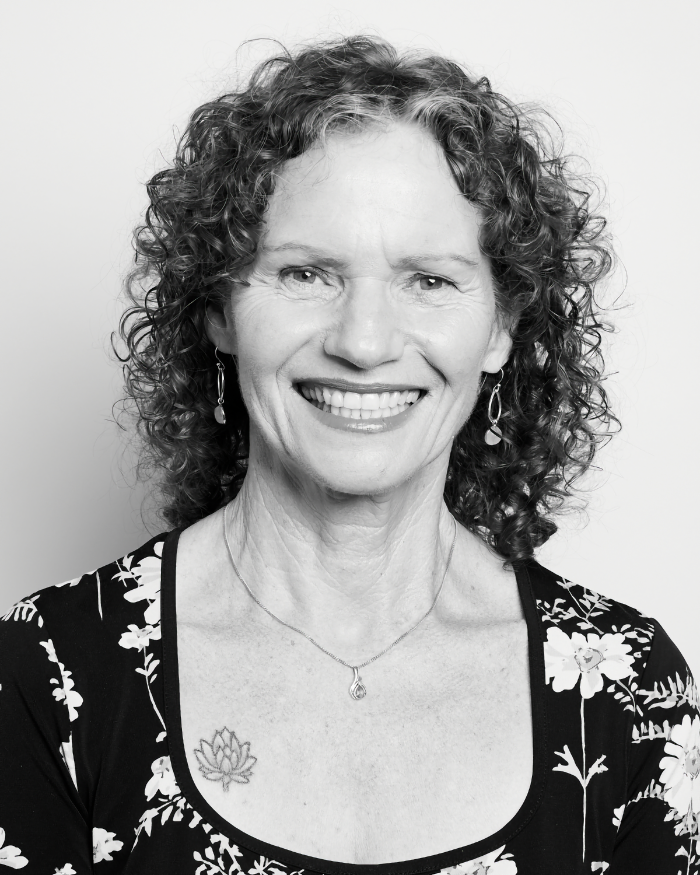 | Susan CollingsSenior Research Fellow Susan’s research focuses on improving services and supports for vulnerable children and families. Susan applies interdisciplinary and co-design approaches with children, families and professionals so evidence is informed by their knowledge, priorities and strengths. She has extensive experience in the use of participatory action, inclusive research and arts-based methods to address complex challenges through genuine collaboration and contribute to policy and service reforms that improve the lives of disadvantaged children, young people and families. As a Chief Investigator on a Linkage Grant funded project using action research, Susan worked with partners from government and non-government organisations, and with young people, carers and parents to improve family time practice in out-of-home care. Susan sits on several Australian and international groups that aim to prevent discrimination and promote equality for parents with intellectual disability and their children. Her publications and creative resources have generated research impact in and beyond academia. Key areas of interest
|
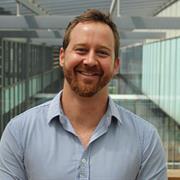 | Daniel WallerResearch Fellow Dr Dan Waller has a background in health behaviour research and has worked in several research and teaching roles in university, hospital, and not-for-profit organisations. Dan's research focuses on improving the lives of young people with a particular focus on health and education. Dan specialises in qualitative research, co-design, implementation science, evaluation research and intervention-mapping for health and education programs.
Key areas of interest
|
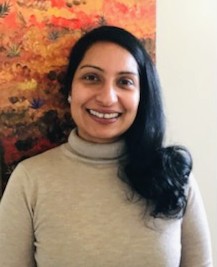 | Vijetta BachrazResearch Fellow Vijetta is a sociologist of education who grew up in Mauritius, an island shaped by colonisation, slavery, and indenture. Her research focuses on the genetic structures that constitute education systems to examine issues of equity, racial and social justice. Vijetta’s PhD research explored how colonial legacies, the policies and practices of the neo-colonial state and the processes of globalisation intersect with class struggles to shape the racialised identities of young people as learners in Mauritius and how this, in turn, influences their realms of what is possible and thinkable in the world. Her past research explored the nature of sibling relationships in families with a child with Autism. Vijetta is currently working on the THRIVE project that involves understanding what educational success means to differently positioned young people experiencing educational disadvantage, which will include the perspectives of Indigenous, out-of-home care and other marginalised populations such as refugees, migrants and members of the LGBTQI+ community. By understanding their perspectives and through a co-design process, the THRIVE team at TeEACH hope to identify with these young people, what helps or hinders them from finishing school well. |
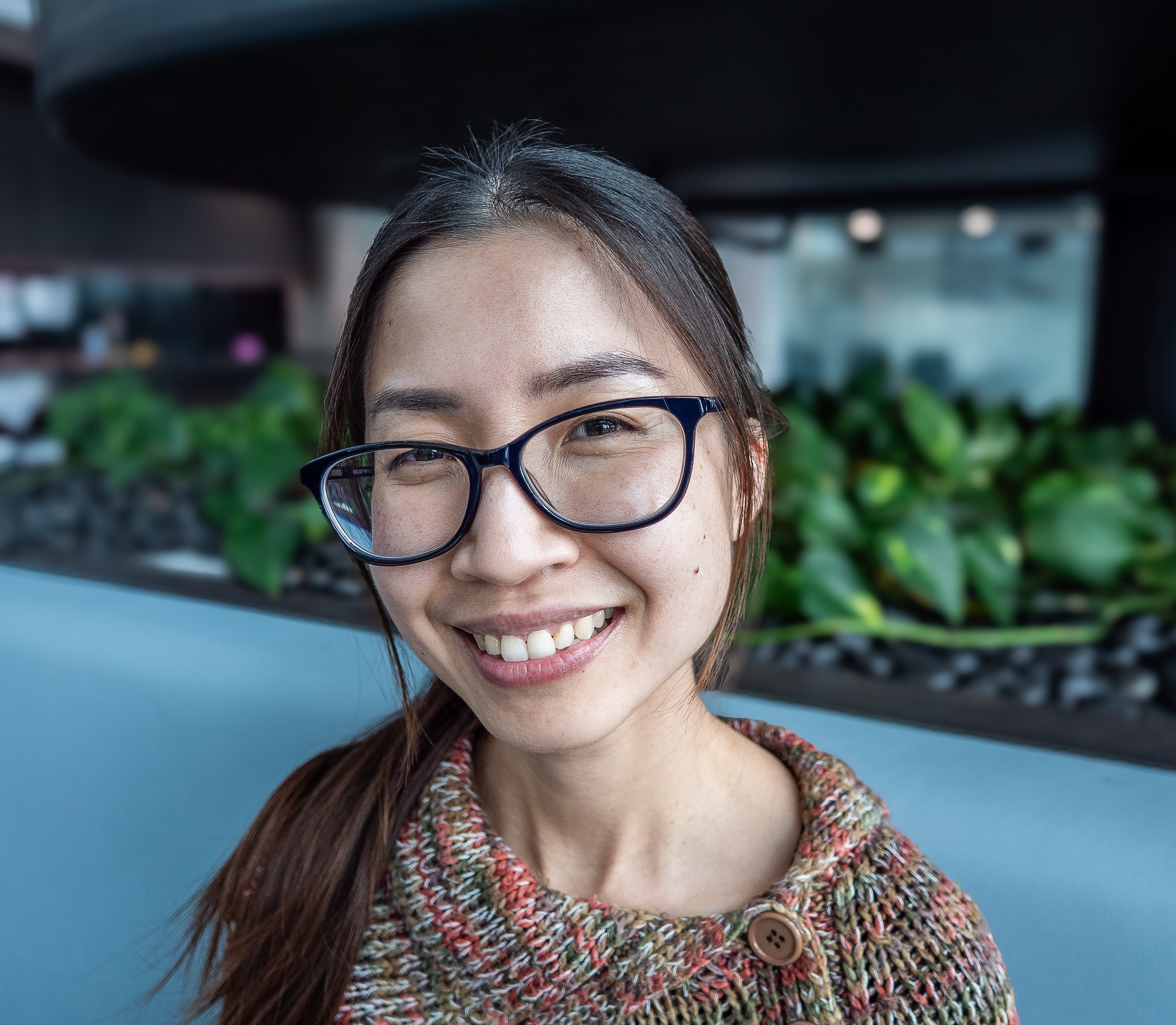 | Betty LuuResearch Fellow Betty has a background in developmental psychology and skills in mixed-methods approaches, enabling her to provide technical expertise to a range of initiatives within the research centre. With a strong interest in understanding how the early environment can best support children’s development, her research program involves the analysis of child welfare administrative data to provide insights and drive change in practice and policy, ensuring effective implementation of practices to support children and families, and amplifying the voices of children and young people, parents, carers, and families. Born and raised in southwest Sydney, Betty completed her PhD in children’s social cognitive understanding at the School of Psychology, The University of Sydney. Her upbringing as a child of refugees who fled the Vietnam War has shaped her beliefs in the importance of belonging, connection, and culture, and underscores her commitment to ensuring that systems and services enable people across all walks of life to access opportunities to thrive. Key areas of interest
LinkedIn Profile: https://au.linkedin.com/in/betty-luu-1661a867 Research Gate Profile: https://www.researchgate.net/profile/Betty-Luu |
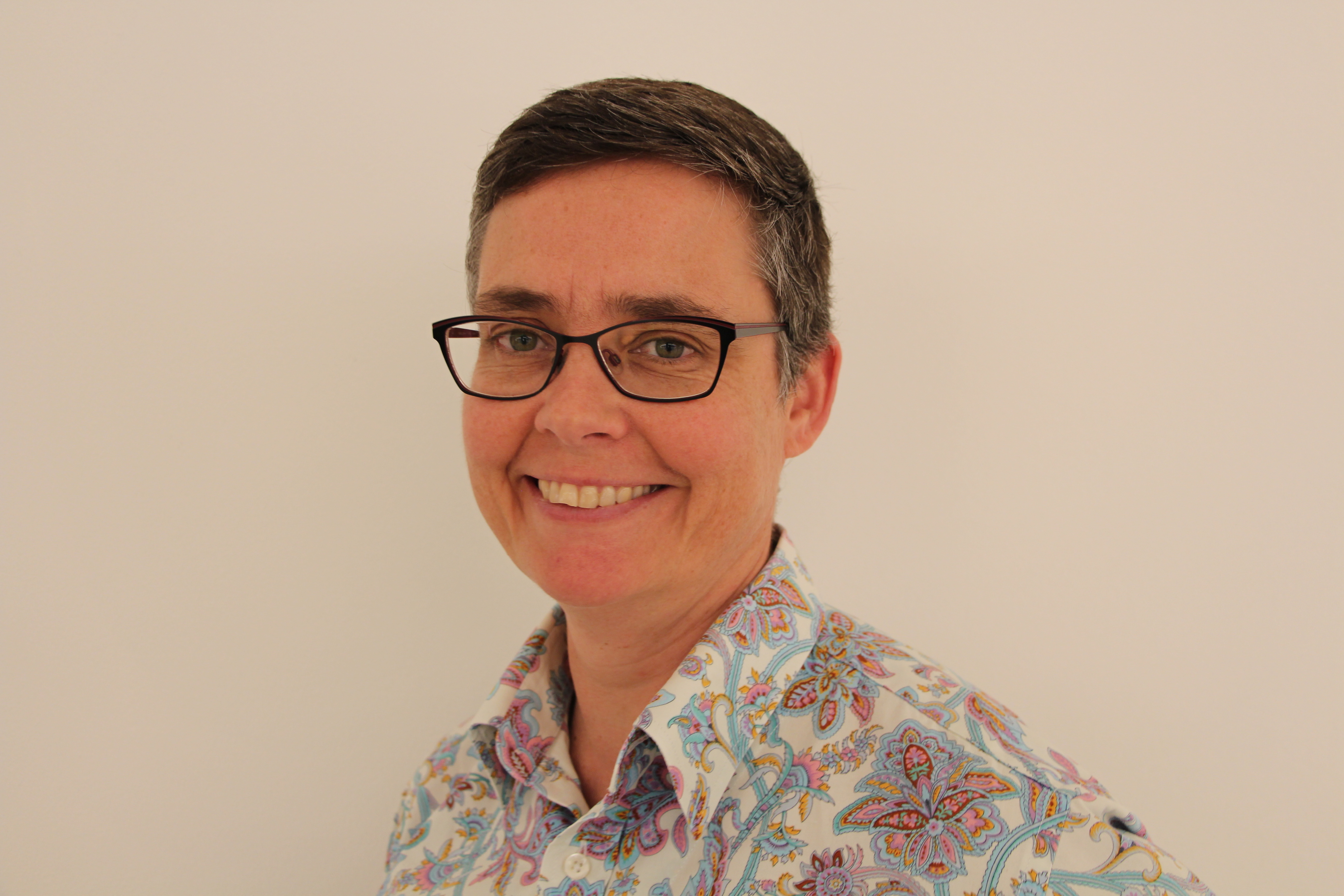 | Cris TownleyResearch Fellow Cris is a sociologist whose research explores what happens when we put the child, young person and family at the centre of the nexus between service delivery and education. This requires an intersectional approach, that recognises the multiplicity of identities lived by children, young people and families, and requires listening to their voices. Cris works collaboratively with partners to ensure that research supports change through informed policy and practice. Examples of Cris’ work are an exploration of Acknowledgement of Country practices in early childhood services, and design of online learning to support educators; co-design of a theory of change for multi-agency service integration reform; a partnership with ACON to investigate LGBTQ+ experience of service provision in Western Sydney; and initiation of a project to inform what supports young people to thrive in school, and finish school well. Cris completed a PhD on identity, belonging and social support in Australian community playgroups at the Social Policy Research Centre at UNSW. Cris graduated from Cambridge University with a BA Hons and a Cert. Ed in Mathematics and Education, was a high school teacher, then undertook a Masters’ Degree in the Sociology of Gender Divisions from Essex University. |
